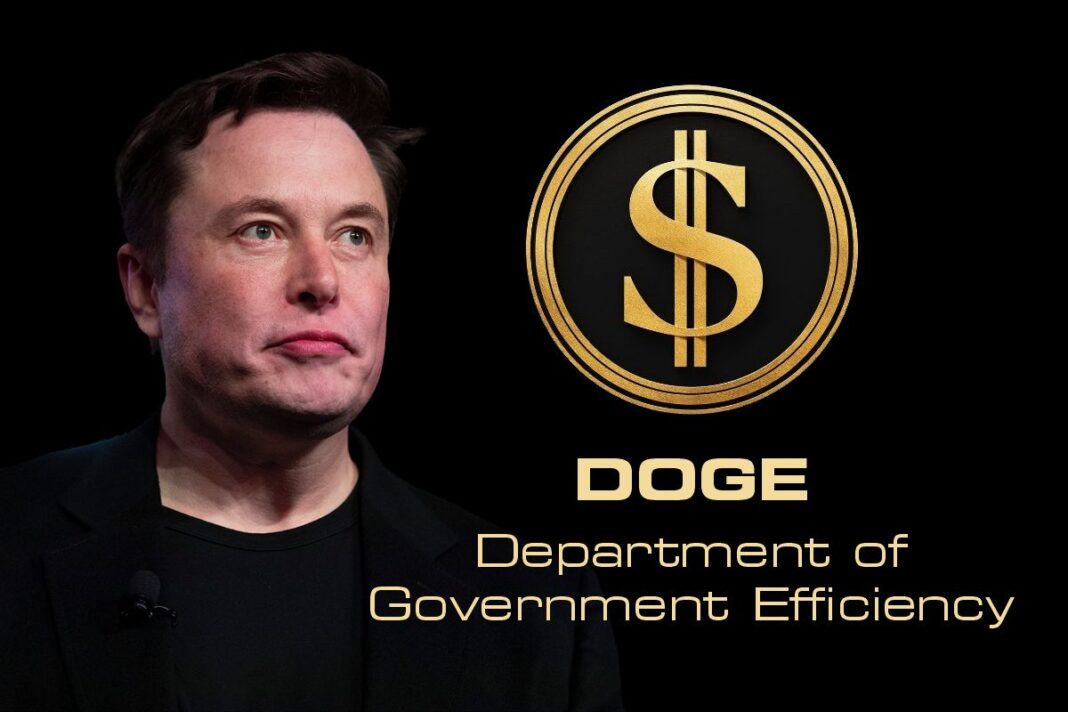Experts warn of the security risks with the overseas deployment of the China-made electric robotaxis.
The “Google of China,” Baidu, and U.S. ride-hailing company Lyft announced on Aug. 4 that they have reached a deal to deploy self-driving taxis in Europe next year.
The plan, which is still pending regulatory approval, is to use Baidu’s electric RT6 robotaxis to operate on Lyft’s platform. The service will first launch in the UK and Germany.
The two companies aim to deploy thousands of China-made vehicles across Europe in the coming years. Lyft has access to operations in nine countries and more than 180 cities in Europe, after its recent acquisition of European mobility app FreeNow.
The deal with Lyft comes just weeks after Baidu signed a similar agreement with Uber. On July 15, the owners of China’s largest search engine and Uber reached a deal to deploy Baidu’s Apollo Go autonomous vehicles across Uber’s multiple global markets outside of the United States and mainland China, where Uber cannot operate after it agreed to hand over some of its intellectual property to China-based rival DiDi.
“The first deployments are expected in Asia and the Middle East later this year,” Uber said in a statement.
By partnering with Uber, Baidu has found a widely used platform that operates in 15,000 cities globally.
“As the world’s largest platform of its kind, spanning mobility, delivery, and freight, Uber is uniquely positioned to help [autonomous vehicle] leaders like Baidu bring their autonomous technology to the world,” Uber CEO Dara Khosrowshahi said in the statement.
Since 2021, Baidu has been operating its own self-driving taxi service, Apollo Go, in major Chinese cities, including Beijing. Users can hail a ride through its app.
Baidu has been expanding into overseas markets rapidly this year. In May, it announced a partnership with the Roads and Transport Authority of Dubai, United Arab Emirates, to launch autonomous driving services in the city. Baidu will first deploy 100 Apollo Go autonomous vehicles to the United Arab Emirates by the end of 2025—its first international deployment. It aims to expand to 1,000 vehicles by 2028.
By Alex Wu







